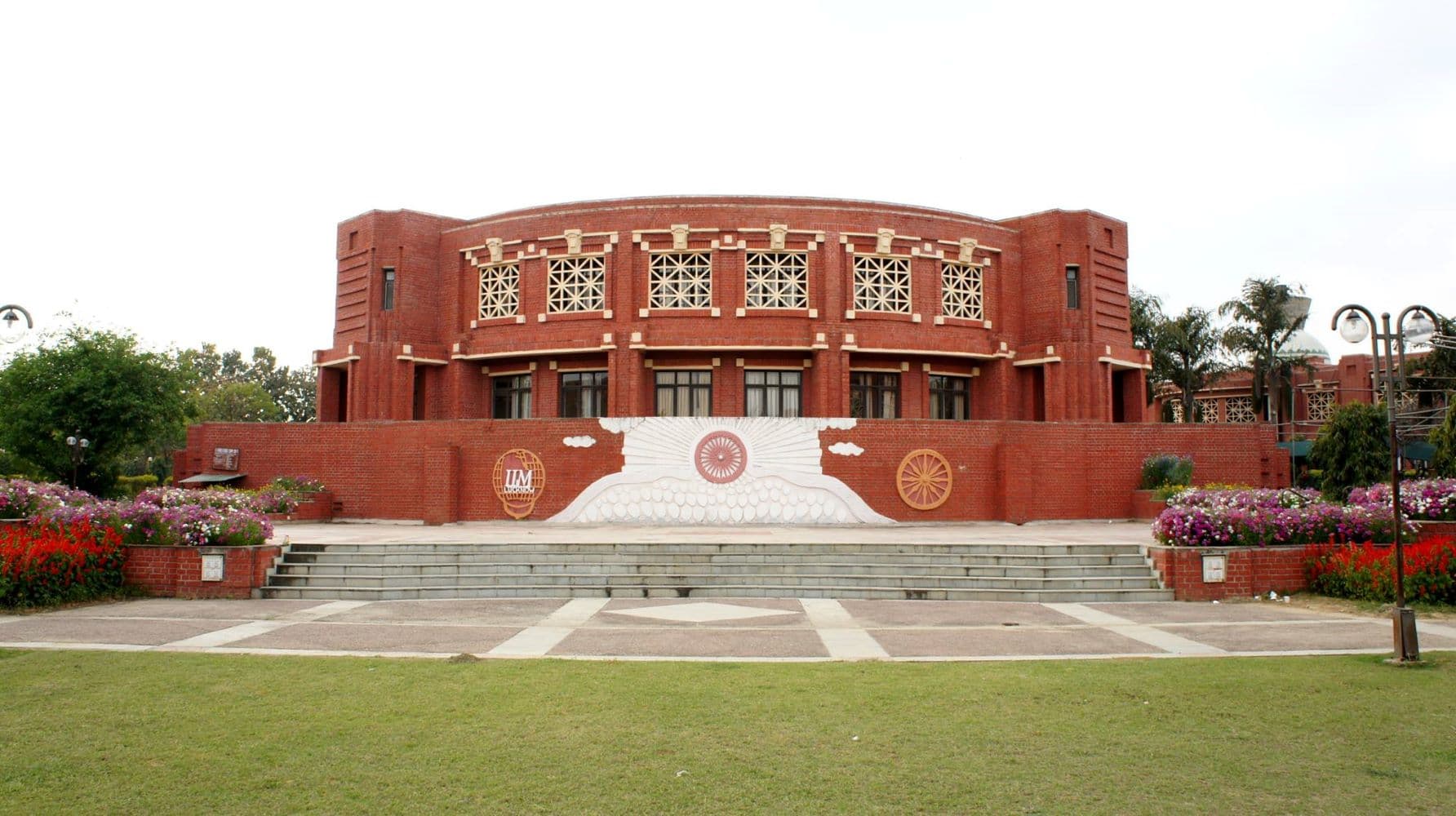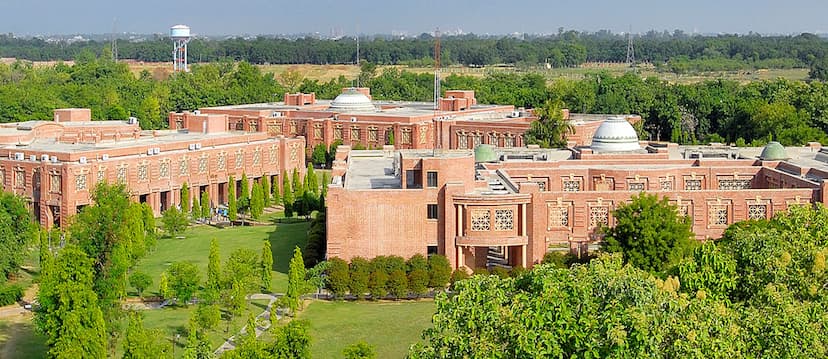IIM Lucknow researcher publishes great insights

IIM Lucknow researcher has published a groundbreaking paper in the journal Land Use Policy. Their study delves into the challenges and conflicts in managing India’s forests and mineral resources.
Prof. Priyanshu Gupta, Assistant Professor, Business Sustainability, in collaboration with Prof. Rajesh Bhattacharya, Professor, Public Policy and Management Group, IIM Calcutta have published the research paper.


Wealth
India’s mineral wealth lies predominantly beneath its dense, biodiversity-rich forests, home to many tribal communities, say sources from IIM Lucknow.
This scenario creates a conflict of interest among mining activities, environmental conservation, and the rights and development of tribal populations. The central question remains: which use of the forests should be prioritized?
Policy
Introduced in 2009, the Go-No-Go policy, later renamed the Inviolate Areas policy, sought to address these conflicts. Its objective was to identify and conserve ecologically significant forests while expediting grant of clearances in less critical areas, say sources from IIM Lucknow.

The researchers reviewed the policy’s development and the hurdles it has encountered. The research team utilized data from extensive government documents obtained through India’s Right to Information Act 2005 (RTI).
This was supplemented by interviews with senior bureaucrats, policymakers, and experts, providing a comprehensive view of the policy process, say sources from IIM Lucknow.
Research work
Prof. Priyanshu Gupta, Assistant Professor, Business Sustainability, IIM Lucknow spoke about the research work. The rights over different uses of forest resources are fragmented across stakeholders, he said.

For instance, the government oversees mineral development, the environment ministry handles conservation objectives at national scale, and local communities have rights to forest produce and managing their local forest resources, said Prof Priyanshu of IIM Lucknow.
This fragmentation often causes conflicts and delays, leading to calls for faster clearances and mechanisms like single window clearances that appear to resolve all resource-related trade-offs at one go, he said.
The Go-No-Go policy was one such attempt. However, the design of such mechanisms is itself challenging: the design of Go-No-Go policy has been shaped by inter-ministerial conflict manifesting through the consultative processes and institutional mechanisms visualized in India’s democratic framework, said Prof Priyanshu.

Till date, the policy still remains un-notified even though it has significant implications, he said.

Suggestion
The analysis suggests that removing politics from policy decisions is not the solution, as public policy is inherently political and requires input from all stakeholders, say sources from IIM Lucknow.
The paper argues that focusing solely on efficiency and coordination may result in temporary solutions.
Notion
The study challenges the notion that “anti-commons” property, where too many parties have rights to resources, is inherently problematic. Instead, Prof. Gupta views it as a necessary process for democratic consultation, ensuring that all stakeholders have a say, leading to more balanced and sustainable outcomes.
It also underscores the complexities of balancing competing interests in forest and mineral governance. It highlights the necessity of integrating political context and thorough stakeholder consultations to achieve sustainable and equitable outcomes.

In 2005, IIM Lucknow expanded its area of influence in the realm of management education by becoming the first IIM to set up a satellite campus exclusively for Executive Education at NOIDA in Delhi NCR region.
IIM Lucknow is accredited by AACSB and AMBA while its EQUIS Accreditation is ongoing. The institute features in the prestigious FT -100 Top Global Business schools for both the 2-year Flagship PGP program and One-year IPMX Program. It is also consistently ranked amongst top business schools in the NIRF Rankings.
IIM Lucknow was the first IIM to start a 2-year full time MBA program in Sustainable Management 8 years back. It also has a long-standing full-time MBA program in Agri Business Management.
Throughout its last 39 years’ journey IIML has touched millions of lives through its academic programs, executive education programs, research and consulting. The centres for excellence at IIM Lucknow including the Centre for Public Policy, Centre for Food and Agribusiness Management, Centre for Business Sustainability, Centre for Marketing in Emerging Economies, to name a few, regularly carry out evidence-based research and interventions in public policy and management practice. Faculty of IIM Lucknow also feature in top 2% of global scientists for research output and impact.
The alumni of IIM Lucknow now occupy top positions in the world of business, public policy and in several other fields.
Situated in a city known for its cultural heritage, the campus is spread over more than 190 acres of beautifully landscaped area. With its foundation in the city of “Tehzeeb”, IIM Lucknow inculcates human values and professional ethics in the students to help them make a positive impact not just on the nation but on a global platform.
IIM Lucknow has an ideal setup conducive to learning, accessibility and excellence.
S Vishnu Sharmaa now works with collegechalo.com in the news team. His work involves writing articles related to the education sector in India with a keen focus on higher education issues. Journalism has always been a passion for him. He has more than 10 years of enriching experience with various media organizations like Eenadu, Webdunia, News Today, Infodea. He also has a strong interest in writing about defence and railway related issues.









